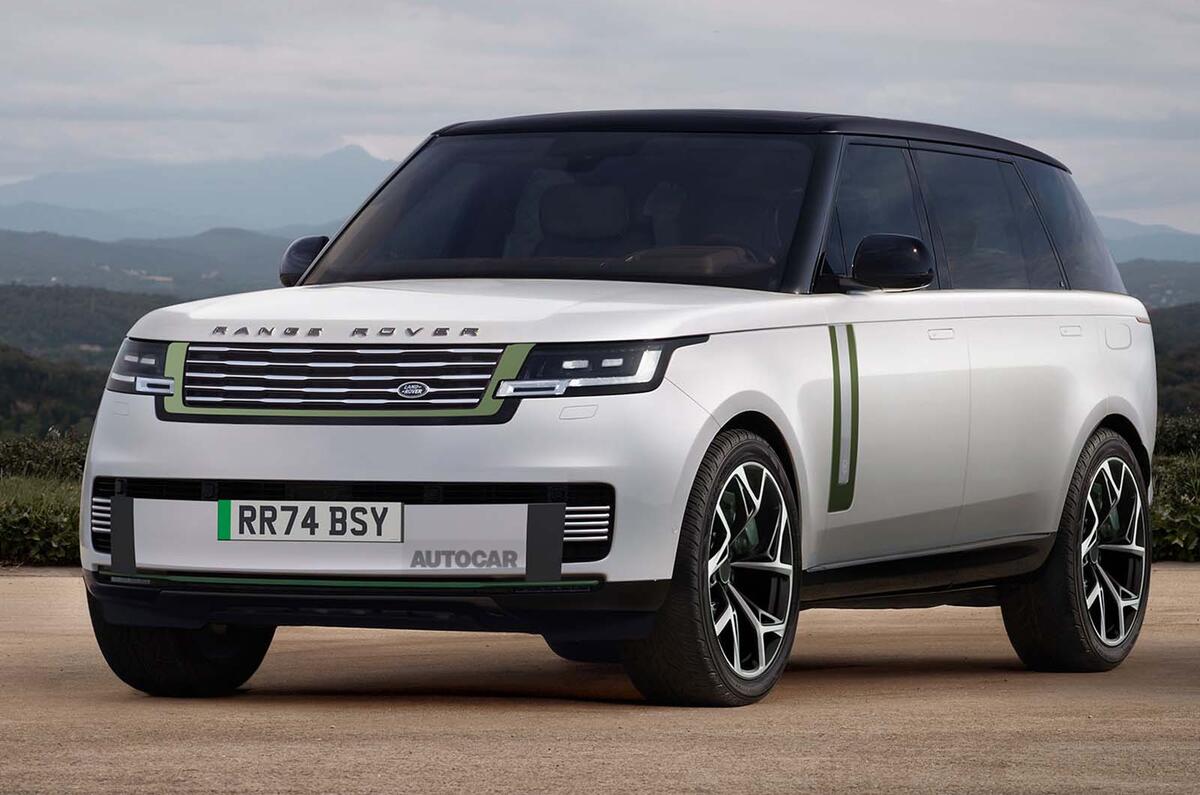You could argue that Land Rover has been passing through a golden period. Look at the presence and beauty of the latest Range Rover, the market-leading impact of the Range Rover Evoque and the remarkable success the latest all-new Land Rover Defender has had at silencing lovers of the long-lived previous model, who seemed to be poised to dislike whatever was proposed as a replacement for 'the icon'.
Yet as electrification becomes universal, Land Rover has an opportunity to get even better – and you can see the reasons easily enough by comparing the strengths of the marque against those who make different kinds of cars. If you’re making a Lotus EV sports car, you’re practically condemned to move away from your traditional marque values of low weight and small size.
Reinvented 2025 Land Rover Discovery joins EV 4x4 family
With Land Rovers, however, we’re used to bulk and weight. The bodies are already big enough to house large batteries. The weight won’t come as a surprise. Nobody (apart from a shrinking minority of V8 buyers) buys a Land Rover for its fine engine note: they value the refinement that comes as standard with an EV powertrain. Landies can change to electrification without frightening the horses.
Now consider the singular advantages EV powertrains will bring to Land Rovers. Their precise power delivery and new, higher levels of torque vectoring (brought by advanced software) will play perfectly to the needs of next-level off-road cars.
Weight distribution can be more optimal. Ground clearance can be better without exhaust systems to accommodate. And given the market-leading capability of Land Rover’s in-house designers, it’s even possible that greater freedom with packaging (brought by a skateboard battery plus smaller motors mounted between the wheels front and rear) will free future Land Rovers and Range Rovers to pioneer 'next generation' in some form proportions. They’ve done such things before, and you can bet they’ve been viewing the new opportunities for several years already.








Join the debate
Add your comment
I am able to create $88/h to complete few jobs on home computer. I’ve never thought that it’s even achievable but my closest mate earning $25k only within five weeks simply working this leading project & she had convinced me to join…Discover extra details by going following link..... Googlepay1.pages.dev
I am making a real GOOD MONEY ($550 to $750 / hr) online from my laptop. Last month I GOT chek of nearly 85000$, this online work is simple and straightforward, don’t have to go OFFICE, Its home online job. d7 You become independent after joining this JOB. I really thanks to my FRIEND who refer me this SITE…..,
>>>>>>> EarnCash7.com
An EV Defender would be just right for me, provided it has decent range 300 miles-plus.